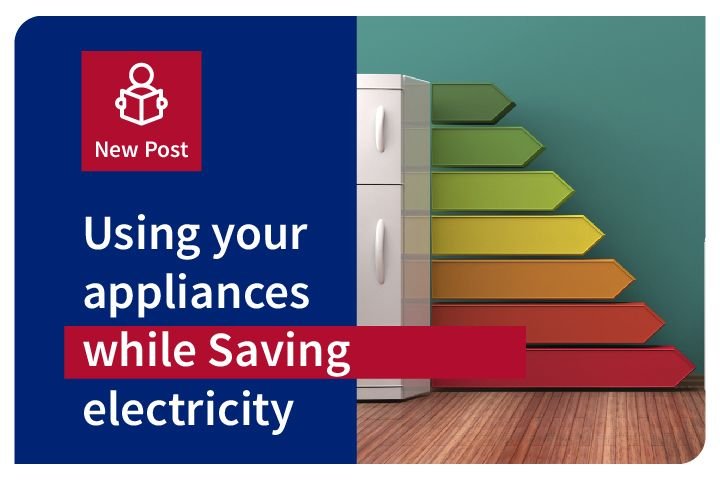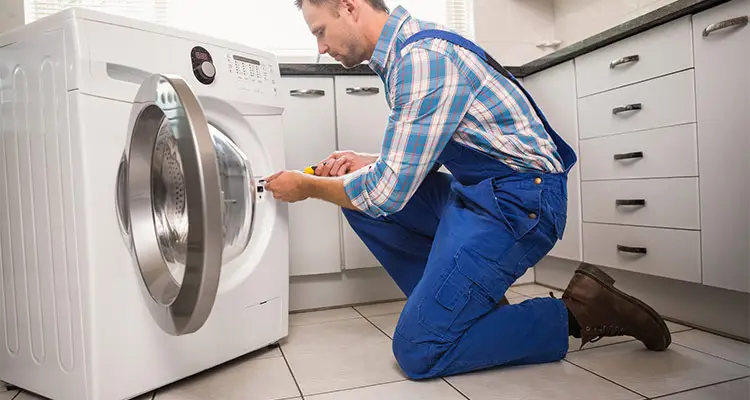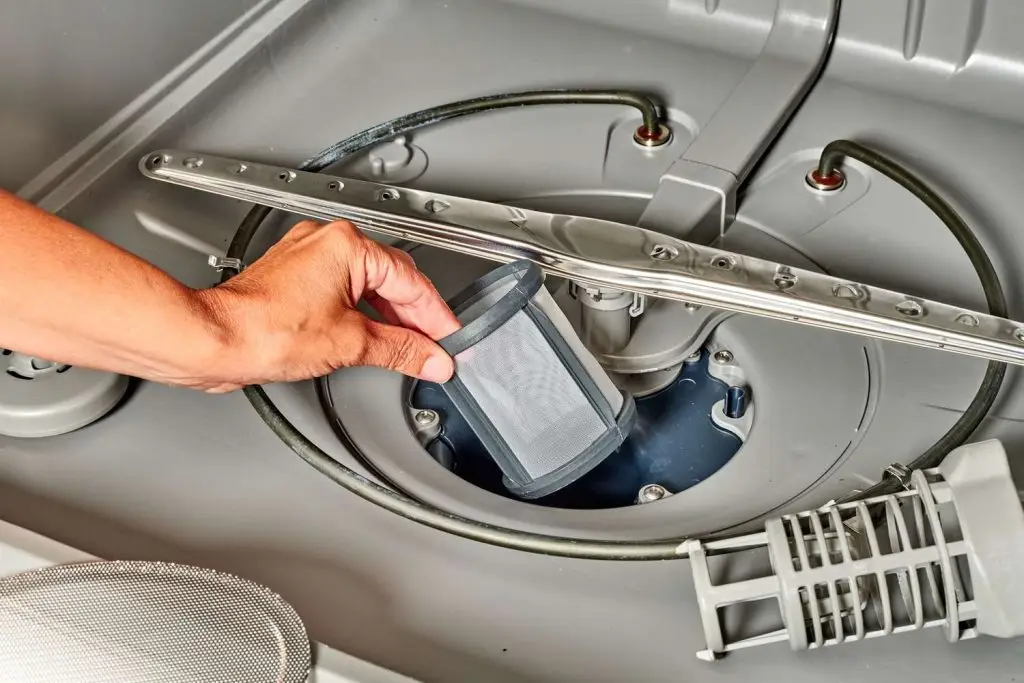Appliances are a great invention, a great tool to help us take care of our homes while reducing our home chores, giving us more time to share with our family, work, and do other projects. However, if we don’t use them correctly they can become a headache for our pockets, spending lots of electricity and money, According to the U.S. Department of Energy, an average household spends about $1,900 a year on energy costs. Today we will sum up some tips to help you enjoy the benefits of having and using your appliances without wasting crazy amounts of electricity and money.
USE YOUR APPLIANCES AT NIGHT
You may have heard that the best time to use your appliances is at night, but …… Do you know why is it a better option?
Electricity fees are higher when the power grid is under pressure and nearly everyone runs their dishwasher and washing machine after lunch or when they get home from work, this means that running your appliances during peak hours, that is from noon to 7 P.M., will cost you more since many utility companies charge higher rates during peak times. Instead, if you opt for less popular hours, you’ll get a discount. According to Jennifer Thorne Amann, coauthor of Consumer Guide to Home Energy Savings, if you run your dishwasher or washing machine after 7 P.M or in the morning before noon, the amount you’re charged may be cut by half, however, policies may vary, so you might have to check with your energy provider for availability. Normally, every local energy provider has a website that lists the best time to run appliances.
Another reason why this good practice can help decrease your electricity costs is that it will decrease the usage of your AC. Why? Because running large appliances like the dishwasher, dryer, and washing machine during warm days can increase the temperature indoors causing your AC to work overtime. Instead, waiting until it’s cooler at night will naturally decrease its usage, saving on electricity costs.
UNPLUG YOUR APPLIANCES AND DEVICES
Experts say that anywhere from 5% to 10% of your residential electricity is sapped by devices that are plugged in 24 hours a day even when they’re just in standby mode, they say that most plugged-in appliances generally only eat up low levels of electricity, just about a watt or two. But some electronics – like computers and TVs – consume a lot more power, this is why unplugging such items when you leave the house or go to work might help you with your efforts to be eco-friendly and cost-conscious. However, depending on where and how they are set up, for example, your washer and dryer, it may not be easy – or even possible – to push those heavy-duty appliances to the side and get to the plugs on a daily basis, instead, you can use a power strip for various devices, and simply flip the power strip switch, rather than unplugging everything. You can also opt for devices with built-in, energy-saving features. For example, some cell phone chargers “unplug” internally when no phone is connected. Also, various retailers offer plug adapters or power strips that only use power for a pre-set time (like three or six hours) After the predetermined time ends, these gadgets stop eating electricity.
OTHER WAYS TO SAVE ENERGY
In addition to unplugging electronics and household appliances when they’re not in use, and using them at night to reduce the power grid, there are other energy-saving tips you can use to save money
- Install a low-flow showerhead. These are cheap to buy, and the energy and water savings you’ll reap will quickly outmatch what you paid for the showerhead.
- Put a faucet aerator on each faucet. These are inexpensive, yet do a great job of conserving heat and water, while simultaneously keeping water pressure high.
- Switch to compact fluorescent light bulbs. These often last longer and use less wattage than incandescent bulbs.
- Tighten your windows. Experts from Columbia University say installing energy-efficient windows would save the average household $150 annually. But a cheaper, easier option is to insulate your windows during the colder months using transparent film that keeps the heat in and the cold out.
So if you’re committed to sustainable living, the next time you run your appliances, do it late at night, it will ease up the power grid. Being more conscious about your household appliances, and your overall energy use is a great way to help the environment, and help boost your finances, too.








